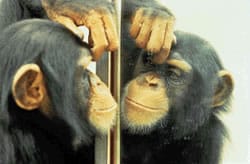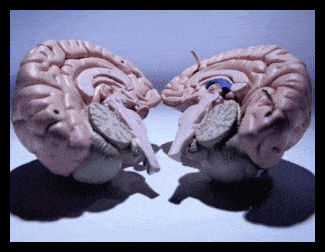Behe Responds to Propaganda Attacks Against The Edge of Evolution
Fenton Communications, the left wing public relations firm that handles the Darwinist propaganda machine (along with groups like Moveon.org), undoubtedly has been anticipating the publication of Michael Behe’s new book, The Edge of Evolution, and helping to promote book reviews against it. Our friends at the Darwinist lobby, National Center for Science Education, are also on the case. They erroneously think that they can strangle this Hercules in his crib. In terms of the interests of real science, it is a shame, though no surprise, that the initial Darwinist reviews are defensive and tendentious.We have asked Dr. Behe, a senior fellow of Discovery Institute, to reply to some of them and he has agreed, starting with Jerry Coyne’s review from Read More ›









































